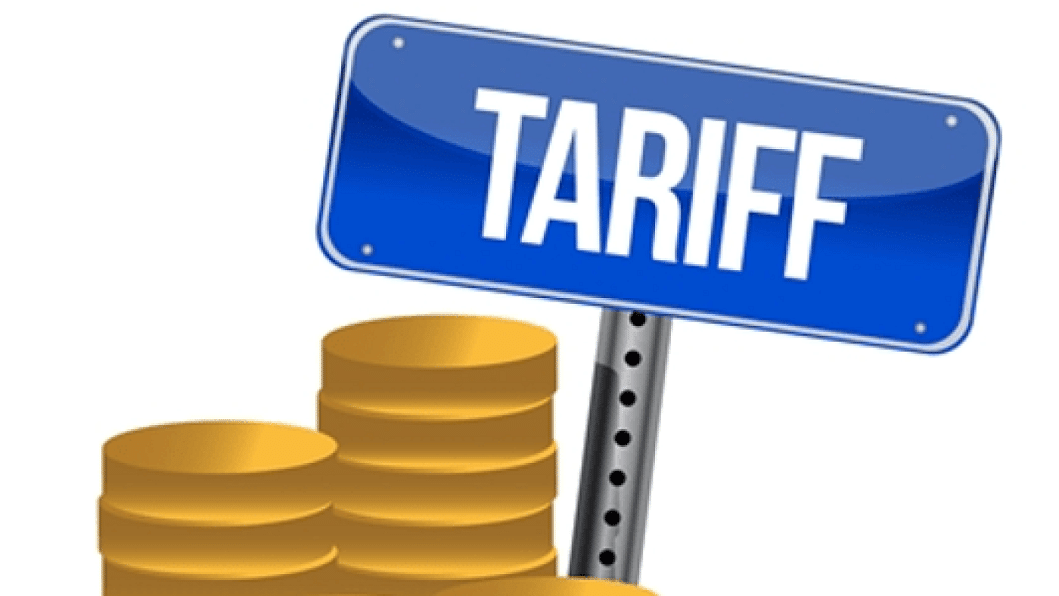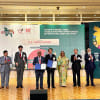FBCCI's plea for tariff protection devoid of reality

On April 4, the Federation of Bangladesh Chambers of Commerce and Industry (FBCCI) urged the government to pay attention to ensuring reasonable protection from customs tariffs for the sake of employment and promoting domestic industries, services and small and medium enterprises.
The apex trade body suggested exemption or duty-free import benefits under the bonded warehouse scheme to facilitate the diversification of the export basket.
The FBCCI placed the proposals, among others, to the National Board of Revenue (NBR) for consideration while framing tax measures for the next fiscal year of 2024-25 during the consultative committee meeting in the capital's Sonargaon Hotel.
The plea comes at a time when economists and international agencies are calling on the government to move away from protection gradually so that local industries become competitive, explore opportunities in the global market, and allow Bangladesh to face challenges after graduating from the group of least-developed countries.
Bangladesh's average tariff rate stood at 15.09 percent in 2022-23. And including supplementary and regulatory duties, the average nominal protection rate was 30.58 percent, according to the National Tariff Protection 2023 published by the commerce ministry in August last year.
Two days before the FBCCI's request, the World Bank, in its Bangladesh Development Update, said the country's tariff is significantly higher than nations with similar income levels.
"This high degree of nominal protection – both average and variation across different harmonised system (HS) codes – has created an enclave for domestic industries, incentivising them to focus on the domestic market rather than exports, due to relatively higher profitability known as anti-export bias."
HS code is a standardised numerical method of classifying products traded internationally.
It is understandable that the top leaders of the FBCCI were aware of the high tariff protection enjoyed by local industries and their focus on the vast local market with little competition from imported goods.
They may argue that the average nominal protection rate has declined substantially from 70.58 percent in 1990-91 to around 30 percent now.
However, Bangladesh needs to raise more taxes to meet its ballooning expenditures and bankroll development projects in order to avoid widening of the budget deficit.
Bangladesh's tax-GDP (Gross Domestic Product) ratio is lower than the comparator countries in South Asia and Southeast Asia. For example, Vietnam's tax-to-GDP ratio is 19 percent, much higher than Bangladesh's 8.2 percent estimated in FY23.
One of the factors behind the dismal ratio is lower than potential collection and the prevalence of numerous tax and VAT exemptions, deductions, rebates and tax holidays extended to encourage investments, create jobs, and reduce import dependence.
The amount of direct tax expenditure, including exemptions, was estimated at Tk 125,813 crore, which was 3.56 percent of GDP in FY21. Of the sum, tax subsidies given to corporates amounted to Tk 85,314 crore.
The NBR has projected that the direct tax expenditure will be Tk 178,241 crore in FY24.
Among the beneficiaries, businesses operating in special economic zones, high-tech parks, and export processing zones receive lucrative tax breaks, including 100 percent exemptions, in the first few years of their operations, according to the WB.
Garment, the largest export-earning sector, enjoys a reduced corporate tax rate of 12 percent whereas it is 20 percent for most publicly listed companies and 27.5 percent for non-listed companies.
Major benefits were also granted to the power sector to attract more private investments. Many emerging sectors are also benefiting from tax and VAT incentives.
In addition, there are tax exemptions for incomes earned through agriculture, foreign employment, dividends, gratuities, certain types of bonds, corporate social responsibility activities, and donations, the WB said.
The FBCCI, in its proposal, cited lower income tax receipts, the second-biggest source of funds for the NBR. It, however, did not touch upon the issue of removing or reducing the existing exemptions and tax benefits.
Instead, the apex trade body sought withdrawal and lowering of source and advance income taxes, including a decrease in source taxes on the export proceeds of the garment sector and a reduction in the tax rate on cash incentives for exports.
This brings up the question about how will the government collect additional taxes and finance development needs if it has to cut taxes in the major earning sectors.
The FBCCI suggested expansion of the tax net, bringing all registered taxpayers under return filing, creation of a congenial atmosphere for tax payments, and automation of the revenue administration. The recommendations are expected to yield some positive results if implemented properly.
One good part of the FBCCI's proposals is its call for special priority in the next budget to cut the cost of production, accelerating clearance of goods by ports and customs, ending harassment, and improving governance and transparency to create a business-friendly tax system.
A reduction in the cost of business and an improvement in competitiveness will undoubtedly help businesses. The FBCCI's relentless call and pressure can bring about long-lasting benefits to businesses as well as the country.

 For all latest news, follow The Daily Star's Google News channel.
For all latest news, follow The Daily Star's Google News channel. 








Comments